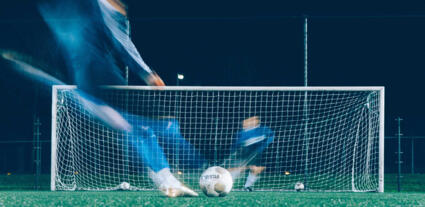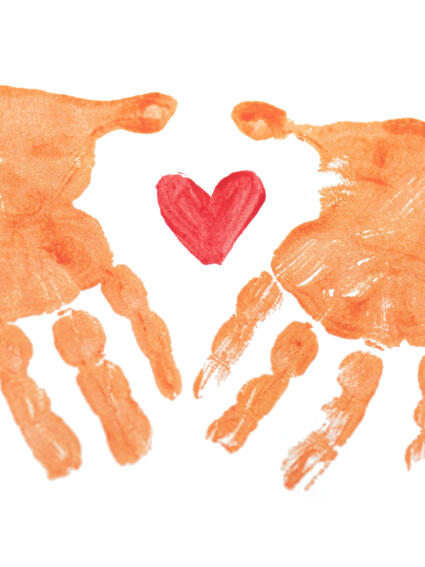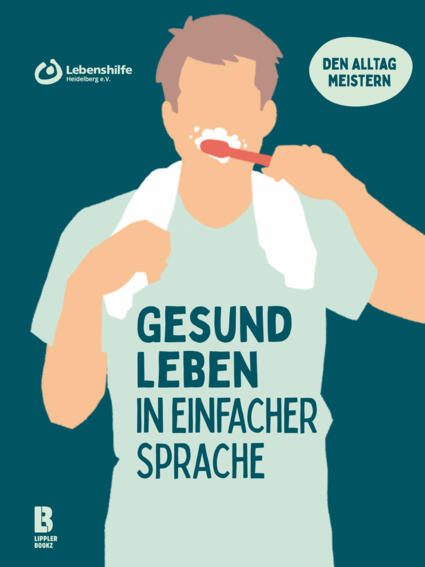
Compassion im Teamsport
Forschungsprojekt: Unterscheiden sich leistungsorientierte Teamsportler in Bezug auf Mitgefühl und Selbstmitgefühl von der Norm?
Mental health is often considered a liability in the pursuit of achievement and efforts to express concern may conflict with social norms in high-performance sport. For instance, compassionate behaviours to others and oneself are stigmatized as having a weak mindset. However, youth athletes could embrace compassionate behaviours as a protective factor to overcome inevitable encounters of sport-related setbacks, emotional difficulties, and failures. Therefore, we aimed to examine levels of compassion and self-compassion in a sample of adolescent soccer players. Further inferences are made by comparing the athletes’ data against the questionnaire’s normative values. Methods and Results: First, the Compassion Motivation and Action Scales (CMAS) questionnaire was translated from English to German, demonstrating good to excellent reliability (0.79–0.93α) with an independent group of university students (n = 24, age = 21 ± 2.2). Second, an entire academy (U12-U23; n = 150) representing Germany’s first soccer division completed the CMAS. The results indicated that compassion (p = 0.157) and self-compassion (p = 0.890) remained largely unchanged across all age groups, and adult athletes had lower observable levels of compassion and self-compassion when referenced back to the normative data. Discussion: In general, levels of self-reported compassion and self-compassion motivation and action were similar across all age groups within the academy. The lack of discrepancy between age groups across the academy teams combined with relatively low reported values on the CMAS compared to the normative CMAS data are indications of the strong social norms of professional sport being incongruent with compassionate behaviors, apparent even in the youngest academy age groups.
A publication in the International Journal of Sport and Exercise Psychology took place in May 2022.
PARTNER
TSG ResearchLab gGmbH
The Center For Compassion and Altruism Research and Education, Stanford University
THEME
Compassion in team sports
YEAR
2022




